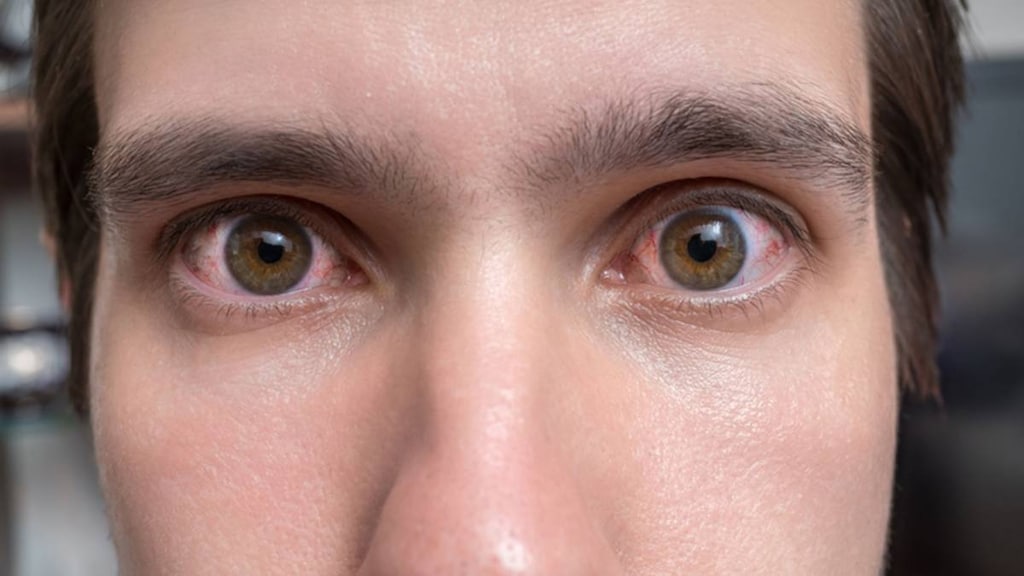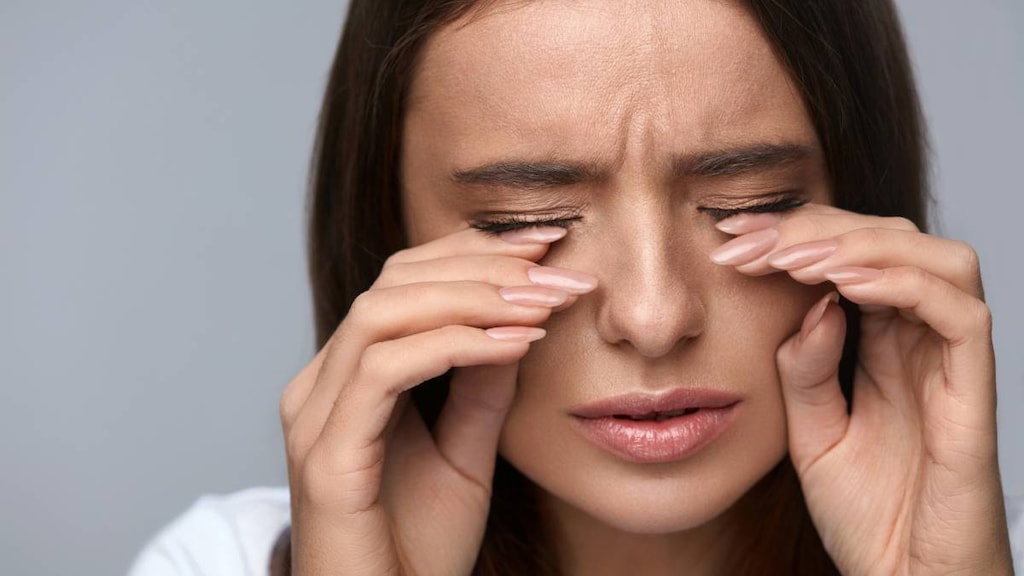
What is allergic conjunctivitis?
Allergic conjunctivitis is an eye condition that causes inflammation of the conjunctiva, which is the semi-transparent membrane that covers the white part of the eye (the sclera) and which also lines the inside of the eyelids. Allergic Conjunctivitis is caused by exposure of the surface of the eye to an allergen.
Allergic conjunctivitis may also be called “Pink Eye”; however, there are many other causes of pink eye.
What causes allergic conjunctivitis?
Allergic conjunctivitis is caused by exposure to an allergen. Common allergens include:
- Animal dander (animal fur or flecks of skin)
- Cosmetics
- Dust mites
- Feathers
- Pollen
- Preservatives in eye drops
What are the symptoms of allergic conjunctivitis?
Symptoms of allergic conjunctivitis usually affect both eyes and may include:
- Red and bloodshot eyes
- A gritty or irritated feeling in the eye, that makes you want to rub it
- Blurred vision
- Excessive tearing
- Eye pain
- Itchy eyes
- Puffy eyelids or swelling of the eyelids
- Sensitivity to light
Allergic conjunctivitis can usually be distinguished from other forms of conjunctivitis because there is no colored discharge.
Symptoms are usually seasonal and occur during the spring, summer, or fall. They are usually accompanied by other allergy symptoms such as sneezing, an itchy nose, and a scratchy throat.
How is allergic conjunctivitis diagnosed?
Most cases of allergic conjunctivitis get better by themselves as soon as the person is no longer exposed to the allergen. Others are easily treated with over-the-counter treatments brought from a pharmacy. Occasionally, some cases persist and medical treatment should be sought.
How is allergic conjunctivitis treated?
People with allergic conjunctivitis should try to avoid the allergen if possible.
Treatments include:
- Cold moist towels applied to the eyes
- Antihistamine or decongestant eye drops
- Lubricating eye drops
- Mast cell stabilizers
- Oral or nasal antihistamines
- Steroid eye drops
Avoid eye make-up when allergic conjunctivitis is present to avoid further eye irritation.

